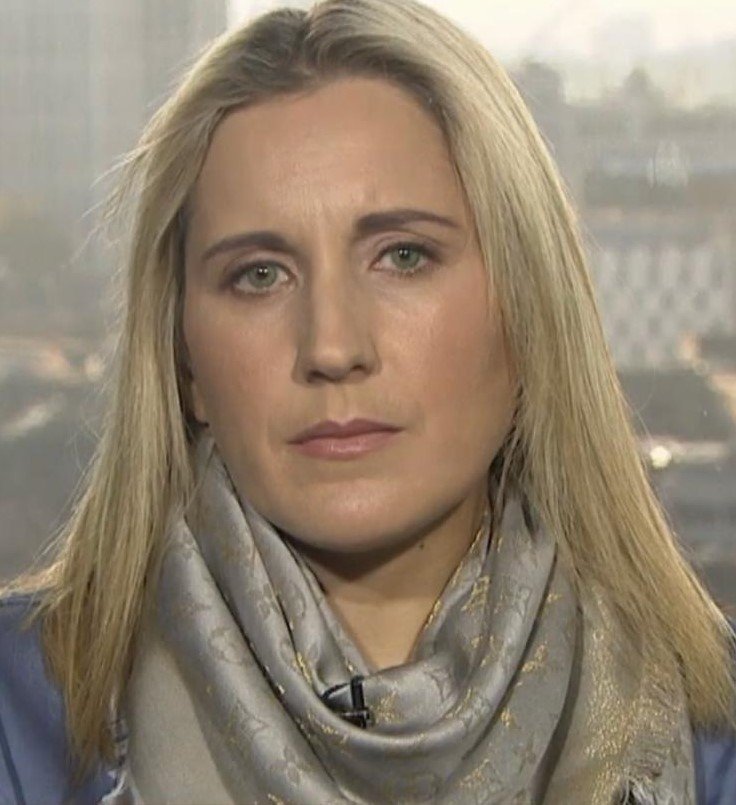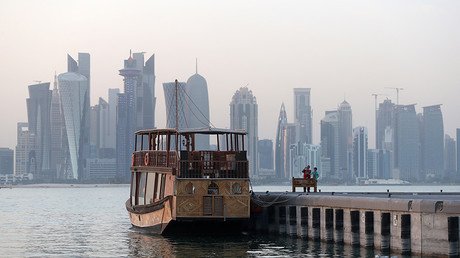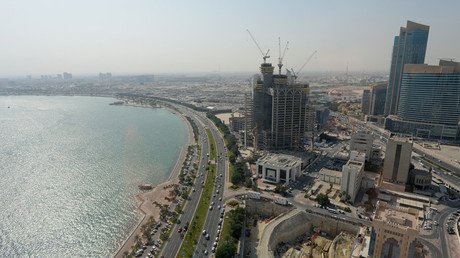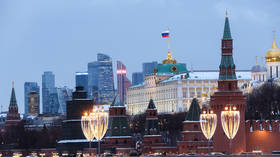The mouse that roared: How Saudi Arabia underestimated Qatar
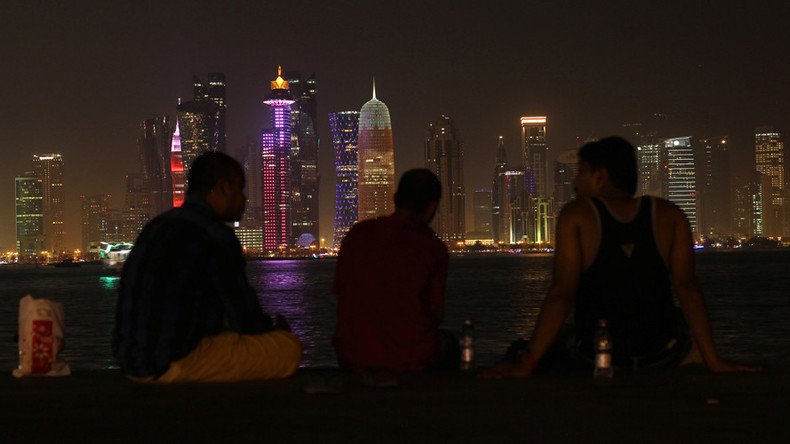
There is a certain irony to the crisis that ails the Gulf Cooperation Council (GCC), now that Qatar has been labelled a pariah by Saudi Arabia. Terror aside, this stand-off has potential to reshape the region into a completely new geopolitical entity.
How fast yesterday’s allies become today’s enemies, and those we long held as foes sit together as reliable partners in a time of crisis. I don’t think that many political analysts can claim to have predicted Saudi Arabia’s fall from grace. Yet the writing was on the wall for all to see. Crude, pragmatic and as inevitable as man’s greed before the alluring calls of power.
Both insignificant and geopolitically incontournable, I fear. Or maybe it is hoped that Qatar will be the mouse in Saudi Arabia’s fable, the one uncounted variable that will see the kingdom crashing down out of a desire to over-reach.
Actually it is more than that. Saudi Arabia is unraveling at the seams from arrogant political myopia and a persistent sense of self-righteous geopolitical entitlement. The al-Saud monarchy imagined it could mould the region to its whim, failing to realize that for every grand oppression there has been a resistance to match in kind.
Let’s put aside those allegations that Qatar has in fact assisted the architecture of terror from within the confines of the Muslim Brotherhood. I don’t think that anyone doubts Qatar’s guilt, and more importantly, role, in promoting terrorism to exert political traction.
Of course Qatar is guilty. Of course it should answer to the many grave crimes its policies forwarded since they lead to mass murder, and one could even argue genocide, in the Greater Middle East.
However, before we selectively blame Qatar, let’s remember that it was not exactly acting alone. More to the point, it benefited from many political friendships despite its Muslim Brotherhood connections - namely the United States. To now sit and play outrage is just a little too convenient. Are we supposed to believe that before plonking its military outposts on foreign land the United States does not perform due diligence? Have we forgotten what praises were showered upon Qatar for its support of America’s efforts against terrorism?
A report by the BBC read the obvious when it noted: “Qatar stands accused of supporting terrorism and extremism by a triumvirate of Gulf Arab states - Saudi Arabia, UAE and Bahrain - backed by Egypt and others.”
Again, there is no debate to be had over Qatar’s guilt. The question we must ask is: why now? Why single out Qatar at this particular juncture in time, and how does it speak to Saudi Arabia’s plans for the region?
Because if there is one thing you must be certain of, it is that Saudi Arabia has motives. The kingdom maybe a demented house of radical horrors run by a Crown Prince, whose experience amounts to nothing. Riyadh, however, is not so irrational as not to think it can achieve something out of this new belligerence among neighbors.
Qatar was meant as a sacrificial lamb. A means to distract and deflect guilt at a time when Wahhabism/Salafism/Deobandism is being burned at the stake of public opinion. Beyond that, Qatar was set up so that a new platform of war could be raised against Saudi Arabia’s real target: Iran.
To the risk of playing into this infantile binary narrative we have been sold ad nauseam so as to explain the region’s lay lines, I must admit that Riyadh has it for Tehran. Actually it is much more than this, Riyadh’s sole existence, the manner in which it can anchor its identity exists through and on the requisite that Iran be destroyed.
The Kingdom does not do pluralism - not in politics, not in faith, not in anything. Saudi Arabia knows only absolutism and diktat.
Here’s the catch, though: Saudi Arabia never did predict that Qatar, this one stretch of land of a country, would defy its former master to reinvent itself a sovereign future. But then again, Qatar has the means of such ambition, which is independence.
Forget the Muslim Brotherhood for now and consider this: Qatar’s new rapprochement towards Iran out of geopolitical necessity is allowing for a third block to be carved in the Greater Middle Eastern region, and THAT will only precipitate Saudi Arabia’s irrelevance.
The more persistently Saudi Arabia pushes, the faster Qatar will integrate itself into the Axis of Resistance, thus laying waste to the idea behind the Gulf Cooperation Council (GCC), and then what would left of Riyadh’s influence? Reuters summarized the situation perfectly when it penned: “Arab sanctions stir defiance, patriotism in wealthy Qatar.”
And then of course we have this entity called Turkey that do hold invaluable geopolitical capital. Again, what Qatar lacks in size and political land mass, it makes up in wealth and access.
In other words, Qatar is more than what Saudi Arabia could ever chew - militarily speaking or otherwise.
What we are witnessing is pure political grandstanding and boasting on the part of a dying empire. Saudi Arabia miscalculated when it assumed that it could reduce Qatar to rubble at a moment’s notice.
Sovereign nations are not so easily swayed, especially not when they carry so much lobbying capital. By engineering a crisis within the GCC political echo-chamber, Saudi Arabia has allowed for resistance to become not only desirable but somewhat of an existential necessity.
Let me leave you with this: if Saudi Arabia could not bring the poorest and most unstable nation of the Arabian Peninsula, Yemen, to heel while backed by an armada of military superpowers and a blank check from the international community, do we really Qatar, with billions of dollars at its disposal, to surrender when asked to? Or should we expect the tiny to overcome the mighty?
The region is undergoing profound changes because of this crisis, and it is now unlikely we can go back to how things were. Saudi Arabia’s candle has been extinguished, all we need now is for the monarchy to realize it is finished.
The statements, views and opinions expressed in this column are solely those of the author and do not necessarily represent those of RT.
